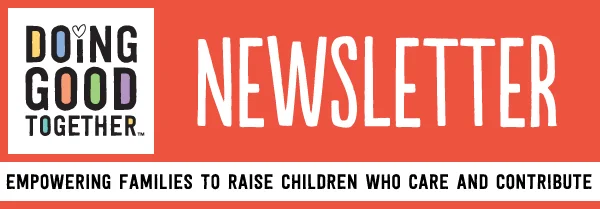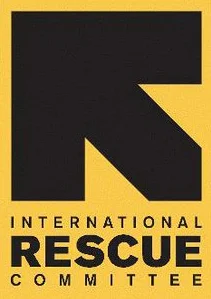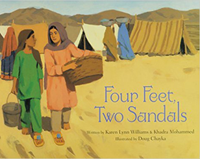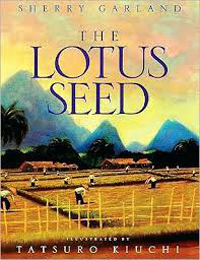MAKING A DIFFERENCE FOR REFUGEES
With so many news stories about families fleeing Syria and other war-torn places, your children may be asking questions about these heartbreaking situations. It's hard to know what to say. It's important to protect our kids from traumatizing images and information, but we also want to encourage empathy for those who are struggling -- and, of course, to empower our children to know they can make a difference. Here are words to use for these difficult conversations, simple ways to help, and four children's books that will bring understanding.
-Jenny Friedman, Executive Director
RESPOND WITH AN OPEN HEART
Make a Difference.....
If your family wants to play a part in refugee support, here are places to start.
Create a kit. Church World Service has instructions for assembling school kits, many of which are sent to children in refugee camps. Find details for this simple activity on our project page.
Give money. Needs change rapidly during a refugee crisis, and donating cash (rather than goods) enables organizations to use resources most effectively. Use DGT’s Refugee Giving Calendar to save money for a month to be donated. CharityWatch can help you find a credible relief organization. The International Rescue Committee's “gifts" page can help your children understand how donations will be spent. To raise money, consider hosting a family fundraiser – or share a portion of your family's charitable giving funds.
Be an advocate. After learning about the refugee crisis, write a letter together (young ones can add a drawing) to encourage legislators to welcome refugees. Look at the names and background of your legislators and decide whom to write. You family can mention specific pending legislation, or express general support for refugee resettlement programs.
Be a friend. Befriending a refugee family can mean many different things. It might mean an airport welcome, picking up donations of furniture or household goods, a hot meal, a ride to the grocery store or doctor's appointment, a tour of your town, or helping in a job search. To find out the specific refugee-support opportunities in your community, visit VolunteerMatch.org, then enter your zip code and choose the interest area "Immigrants and Refugees." Or contact your local chapter of the International Refugee Committee, Lutheran Social Services, Catholic Charities or Jewish Children and Family Agencies.
ADDRESSING REFUGEE CRISIS WITH KIDS
Talk About It.....
It's not always easy to talk to children about challenging situations in the news. It should be done in a way that is honest -- but also makes children feel protected and empowered. Here are some tips.
With younger children, rather than trying to explain a global conflict, focus on developing empathy and compassion for others. Answer questions honestly but follow your child's lead in how much you share about disturbing situations.
Always reassure children that they are safe, and focus on positive ways to make a difference rather than on despair.
With older children, explain what "refugee" means -- someone who is forced to flee their home because they fear they will lose their lives or freedom if they stay.
Together, imagine arriving in a new country without knowing the language or customs. Help your child "walk in the shoes" of a refugee child by asking:
What would it be like to have to leave home quickly and suddenly?
What would you pack if you had just a little time? (Many refugees leave their homes with little warning and cannot even bring basic necessities.)
What would you miss?
How would you feel?
What could help make a refugee feel more comfortable and less scared in their new home?
Learn About It.....
Stories are wonderful ways to learn about refugees and help imagine their lives. Here are four books we recommend.
Four Feet, Two Sandals by Karen Lynn Williams and Khadra Mohammed. Ages 6 and up. Two girls in a Pakistani refugee camp decide to share a pair of sandals given to them by a relief worker. A simple story of friendship.
The Color of Home by Mary Hoffman. Ages 4-8. The story of a recent immigrant from Somalia and his first day in an American school.
Gleam and Glow by Eve Bunting. Ages 6-9. This ultimately hopeful tale is based on a true story of a Bosnian family forced to flee during the civil war.
The Lotus Seed by Sherry Garland. Ages 6-9.A simple but eloquent story of a young Vietnamese girl who brings a lotus seed with her to America as a way to remember her homeland.
Find more books in our Read Together page: Picture Books about Refugees
INSPIRATION
"First and foremost, we meet as human beings who have much in common: a heart, a face, a voice; the presence of a soul, fears, hope, the ability to trust, the capacity for compassion and understanding, the kinship of being human."
- Abraham Joshua Heschel, rabbi, theologian and immigrant





